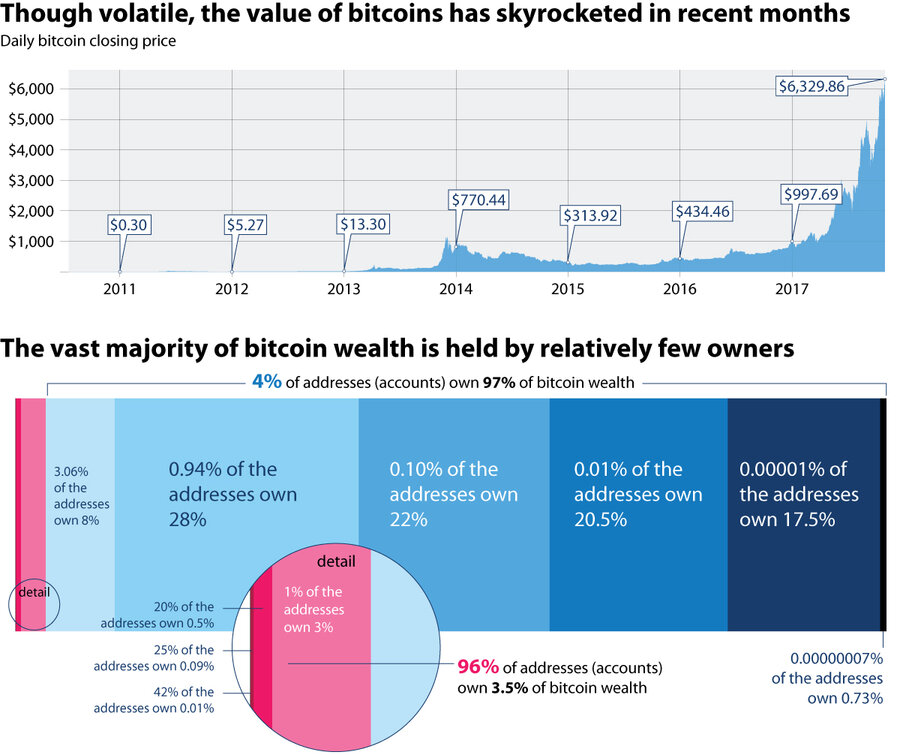There’s big money in helping politicians learn how to get elected in democracies around the world. In the best cases, American experts help create models of good governance. But that’s not always the case.
Monitor Daily Podcast
- Follow us:
- Apple Podcasts
- Spotify
- RSS Feed
- Download
 David Clark Scott
David Clark Scott
Whatever your political leanings, mounting evidence shows Moscow made a multi-pronged effort to undermine the integrity of the US democratic system.
• Social media execs are fessing up in Congress Tuesday and Wednesday that Russian efforts were much more pervasive than initially reported. Facebook now says 1 out of every 3 Americans was exposed to Russian propaganda designed to polarize and sow distrust. More than 131,000 of these messages were posted on Twitter, and more than 1,000 videos were uploaded to Google’s YouTube.
• On another front, Kremlin-backed hackers stole emails from the servers of the Democratic National Committee and broke into the voting systems in 21 states, according to US intelligence agencies. None of the state attacks appear to have changed the results. But we’ll explore the US electoral system's vulnerabilities – and possible solutions – in a special report beginning on Friday.
• Finally, we’re learning from special counsel Robert Mueller’s investigation that Kremlin agents were tempting Trump campaign staff, including Donald Trump Jr., by dangling offers of “dirt” about Hillary Clinton. To be clear, Monday’s indictments of former Trump campaign officials (more on that below) show no evidence of collusion or conspiracy with Russian officials.
Each of these was an attempt to subtly or blatantly influence the thinking of American voters and politicians, to undermine the integrity of the democratic process.
How will the United States defend itself in the next election?
Now to our five stories for today, selected to help you see integrity, moral values, and trustworthiness – at work.











